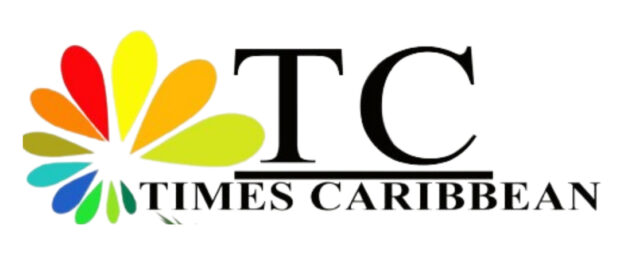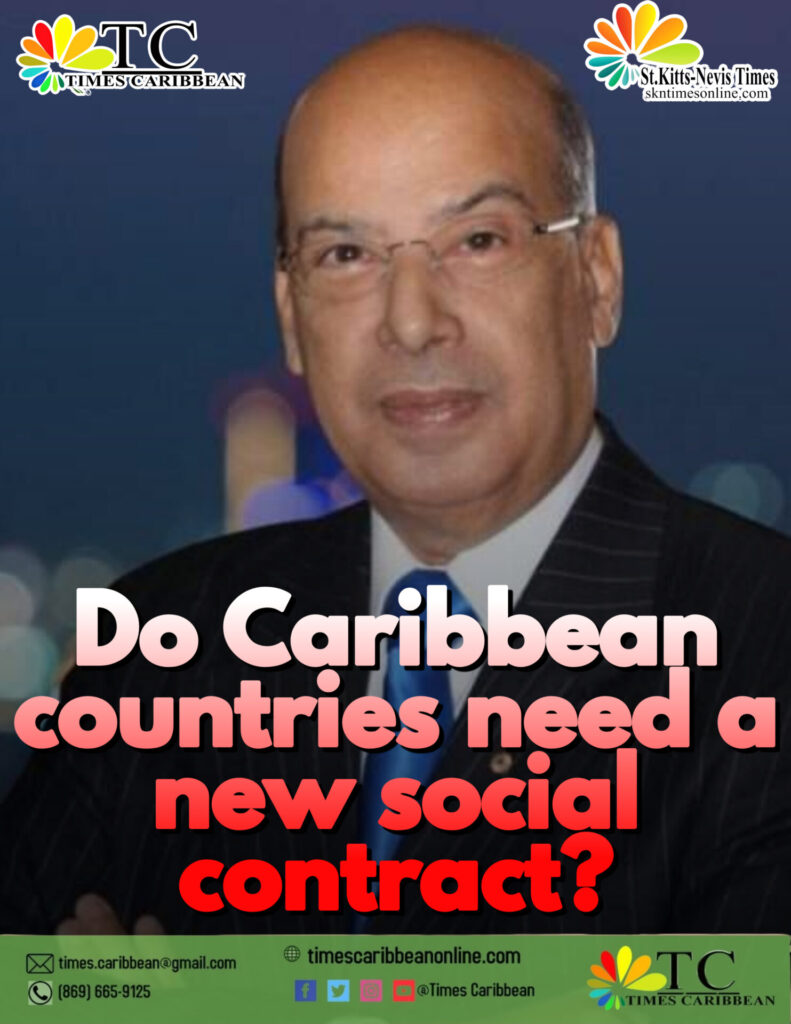Do Caribbean countries need a new social contract?

By
By Sir Ronald Sanders
Recent findings by the International Institute for Democracy and Electoral Assistance (IDEA) ring alarm bells for the global community: democratic governance is under threat, with an increasing number of people subjected to authoritarian regimes that bluntly infringe on human rights and freedoms.
While authoritarian regimes are emerging, detaining opposition figures, muzzling the media, and instilling fear, their societies are fragmenting and their economies are weakening, making them less able to satisfy the basic needs of their people, millions of whom are fleeing to other lands.
Their hold on power is buttressed by fear and the capacity of governing parties to keep the military loyal by acts of unusual generosity to leading figures and even to the institutions themselves. But as the adage goes, “Uneasy lies the head that wears the Crown”.
Comfort in leadership is best and most sustainably derived from the wish of the people, by their informed votes cast at free, fair and transparent elections which are observed by international organizations. It ought not to rest on the vested interests of a few who benefit from the imposed structures of power.
True democracy nourishes human rights, ensures voices are heard, and confronts past injustices to foster a promising future. In this connection, governments that uphold the rule of law, human and political rights, and the freedoms of speech and dissent are more likely to guide their countries towards political stability, social advancement, and economic development.
Yet, challenges abound. The rise of misinformation and disinformation, exacerbated by fake news on social media platforms, corrodes the fabric of democratic societies. This isn’t just about inaccurate information; it’s about using disinformation and misinformation as strategic ploys to mislead and harm societies.
The United Nations Secretary-General, Antonio Guterres, has expressed great concern about the use of misinformation and disinformation in societies. While misinformation refers to the unintentional spread of inaccurate information, disinformation is not just inaccurate – it is crafted with the intent to deceive and cause harm. including race-hate and reputational damage.
All societies have to be alert to both misinformation and disinformation, questioning the accuracy of what they see and hear on social media platforms. The established media also have a responsibility to point out when false information is being spread on social media, and not to fall into the trap of themselves providing platforms for flawed and unsubstantiated charges.
In light of this, governments owe it to both themselves and their societies to maximize transparency and access to information, in order to build trust in public institutions, governance, and processes. As Secretary General Gutters put it, “they should also encourage public participation at all levels and enable meaningful dialogues and debates”.
On the link between democracy and development, robust democracies are magnets for investments. They foster an environment of stability, predictability, and trust—cornerstones for any thriving economy.
However, the quality of life of the people is inextricably tied to these economic realities. Hence, at the intersection of democracy and development lies the urgent task of eradicating extreme poverty, elevating living standards, and ensuring that the fruits of economic growth are equitably shared.
Democracy has not fully achieved these goals, but authoritarian regimes have not attained them at all, particularly since, in their pursuit, the essential elements of human participation in decisions have been absent.
But democracies cannot rest on their laurels, having succeeded in creating societies where democracy is upheld and institutionalised, through the separation of powers between the executive, the legislature and the judiciary, a great urgency now exists to narrow the gaps between the rich and the poor, within nations and between them, by upgrading the quality of human life.
The Caribbean, with a few exceptions, stands out as a beacon in upholding democratic tenets. However, underlying issues such as high unemployment and escalating costs of living can spark civil unrest, necessitating forward-looking measures.
To navigate these crossroads, Caribbean countries must forge a renewed contract of democracy—one that not only pays homage to our tumultuous past in overcoming the bitter legacies of slavery, indentured labour, colonialism and imperialism, but also illuminates a path of hope, equity, and prosperity for all.
In its 2022 report on the Global State of Democracy, IDEA posited that democracies require a new social contract between political actors and civil society groups. IDEA proposed that this contract should be reconceptualized to reflect today’s reality, addressing new and evolving public needs and demands.
This concept is already being addressed in several countries through citizens’ assemblies, governmental dialogue mechanisms and new constitutions which allow for greater power sharing and structures for wider participation in decision-making.
It is a concept that might be energetically considered by all in the Caribbean.
(The writer is Antigua and Barbuda’s Ambassador to the United States and the Organization of American States. He is also a Senior Fellow at the Institute of Commonwealth Studies at the University of London and Massey College in the University of Toronto. The views expressed are entirely his own. Responses and previous commentaries: www.sirronaldsanders.com)

Leave a comment
You must be logged in to post a comment.